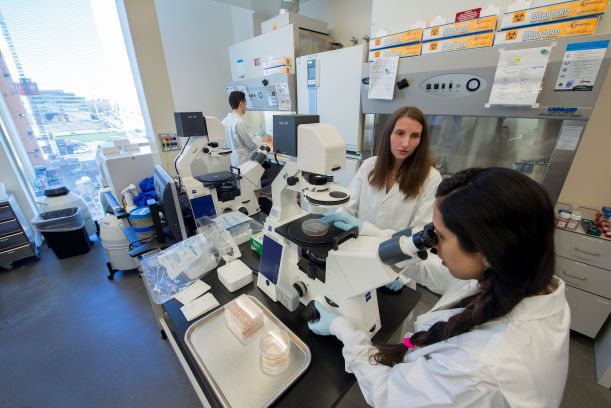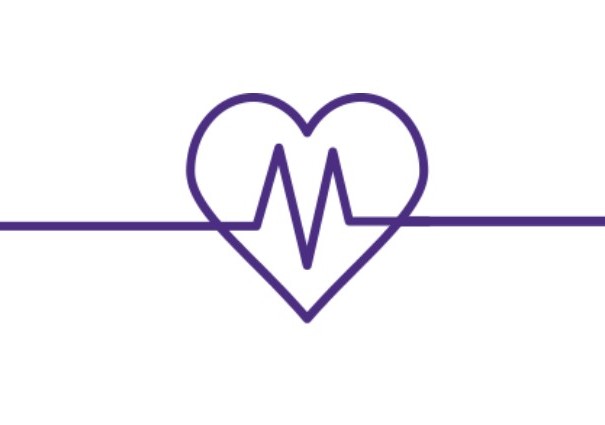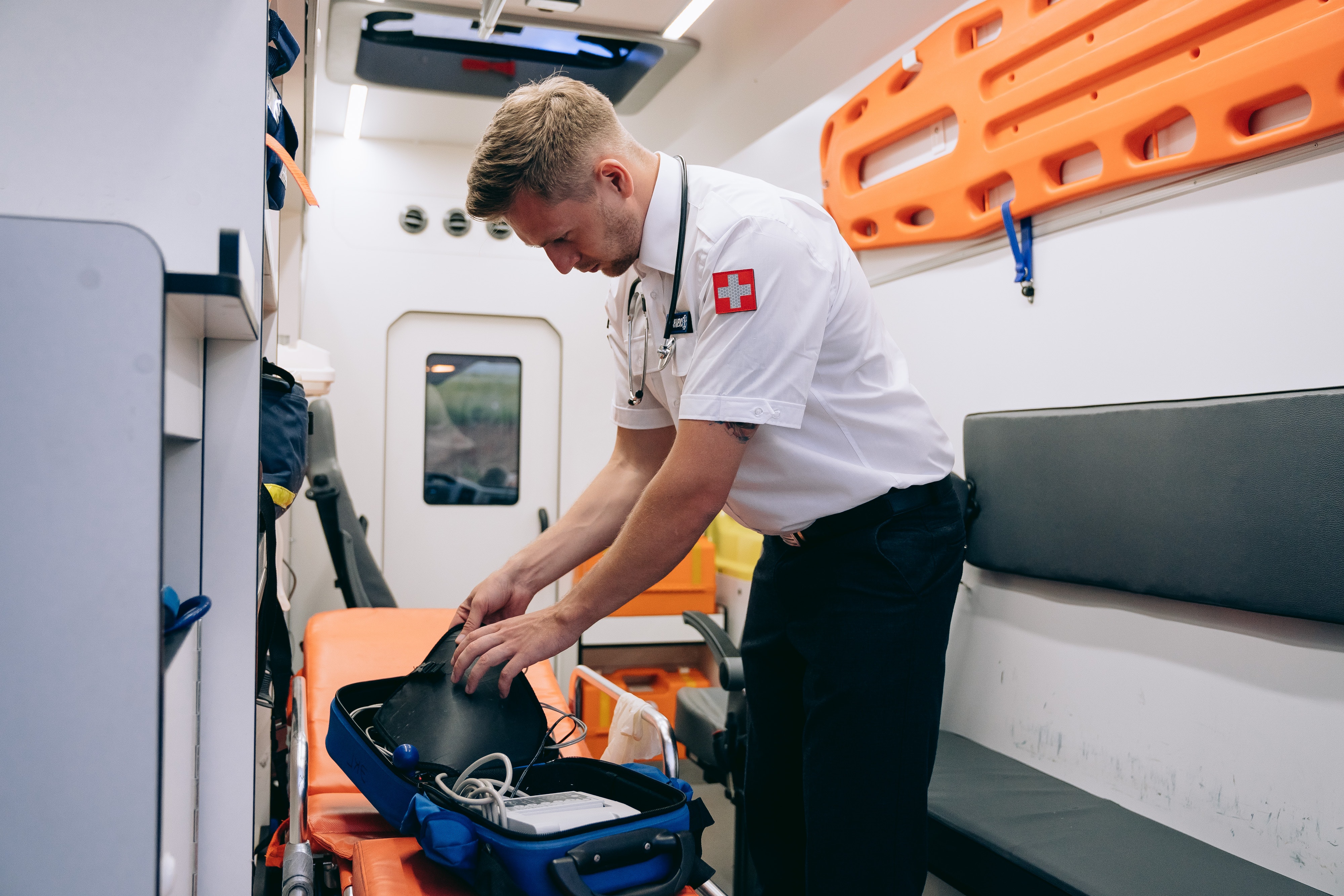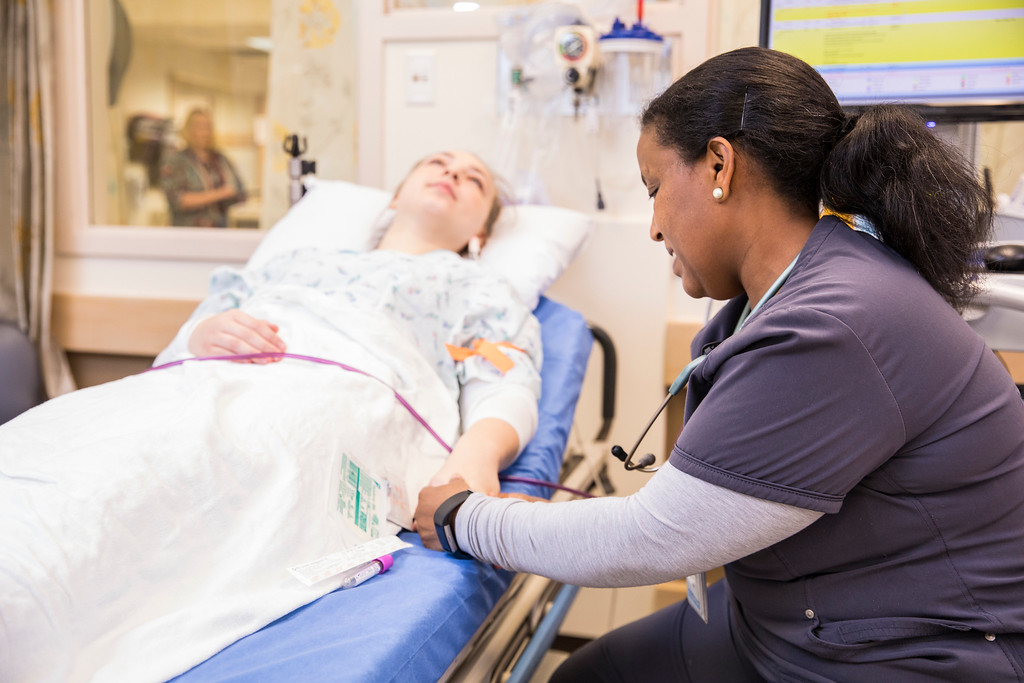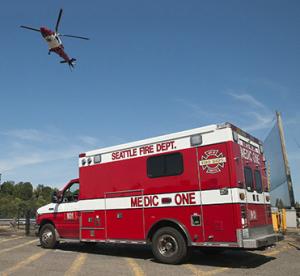Our faculty have achieved national prominence for research on a wide variety of important clinical problems such as heart disease, HIV, substance use disorders, Alzheimer’s disease, respiratory disease, cancer, diabetes, palliative care, veteran multimorbidity, global health, social drivers of health, and, more broadly, health services research and population health. Much of our research activities are housed in collaborative centers that focus interdisciplinary efforts toward a common goal: making health accessible for everyone, such as by positively impacting healthcare structures and policy.
Centers and Programs
Research by Theme
Addiction Medicine
- Jennifer Azen, MD, MPH
- Elenore Bhatraju, MD, MPH
- Geetanjali Chander, MD, MPH, FACP
- Helen Jack, MD
- Jocelyn James, MD
- Amy Kennedy, MD, MS
- Jared Klein, MD, MPH
- Joseph Merrill, MD, MPH
- Judith Tsui, MD, MPH
Alzheimer's Disease & Related Dementia
Cardiovascular Disease
Emergency Medicine
Endocrinology, Metabolism, Diabetes, and/or Reproductive Health
- John Amory, MD, MPH, MSc
- Bradley Anawalt, MD
- Edward Boyko, MD, MPH
- Rozenn Lemaitre, PhD, MD
- Bruce M. Psaty, MD, PhD, MPH
- Ellen Schur, MD, MS
- Pandora (Luke) Wander, MD, MS, FACP
Epidemiology
Ethics
Genetics
Global Health
Health Equity
- Ryan Abe, MD
- Jennifer Best, MD
- Daniel Cabrera, MD, MPH
- Anders Chen, MD, MHS
- Lisa Chew, MD, MPH
- Andrea Christopher, MD, MPH, FACP
- Srirama Josyula, MD
- Leo Morales, MD, PhD, MPH
- Rashmi Sharma, MD, MHS
Health Informatics
Health Services & Health Systems
- Stephan Fihn, MD, MPH, FACP
- Thomas Gallagher, MD
- Joshua Liao, MD, MSc, FACP
- Leah Marcotte, MD
- Karin Nelson, MD, MSHS
- Ashok Reddy, MD
- Anneliese Schleyer, MD, MHA, SFHM
- Rashmi Sharma, MD, MHS
- David Watkins, MD, MPH
Hematology
HIV/Hepatitis C/Infectious Disease
Hospital Medicine
Medical Education
- Collette Abbott, MD
- Ryan Abe, MD
- Mehraj Baig, DO
- Jennifer Best, MD
- Daniel Cabrera, MD, MPH
- Barak Gaster, MD, FACP
- Lindsay Gibbon, MD
- Anna Golob, MD
- Melissa (Moe) Hagman, MD, FACP
- Molly Blackley Jackson, MD
- Adam Jayne-Jensen, MD
- Kay Johnson, MD, MPH
- Catherine P. Kaminetzky, MD, MPH
- Amy Kennedy, MD, MS
- Jared Klein, MD, MPH
- Christopher Knight, MD, FACP
- Jeffrey Krimmel-Morrison, MD
- Michael Krug, MD
- Michael Lenaeus, MD, PhD
- Hillary Liss, MD
- Adelaide Hearst McClintock, MD
- Susan Merel, MD, FACP
- Joseph Merrill, MD, MPH
- Somnath Mookherjee, MD
- Leo Morales, MD, PhD, MPH
- Karin Nelson, MD, MSHS
- Kim O'Connor, MD, MACP
- Grady R. Paden, MD
- Karen Segerson, MD
- Lindee Strizich, MD, MSc
- Paul Sutton, MD, PhD, FACP, FAMIA
- Lauren Renata Thronson, MD, FACP
- William Weppner, MD, MPH, FACP
Mental Health
Obesity
Occupational and Environmental Medicine
Palliative Care
Patient Communication
- Hillary Liss, MD
- Susan Merel, MD, FACP
- Kim O'Connor, MD, MACP
- Rashmi Sharma, MD, MHS
- Thomas Staiger, MD
Patient Safety and Quality Improvement
- Mehraneh Khalighi, MD
- Michael Krug, MD
- Nicholas Meo, MD
- Anneliese Schleyer, MD, MHA, SFHM
- Linnaea Schuttner, MD, MS
- John Sheffield, MD, FACP
- Lauge Sokol-Hessner, MD
- Lindee Strizich, MD, MSc
- Andrew White, MD, FACP




